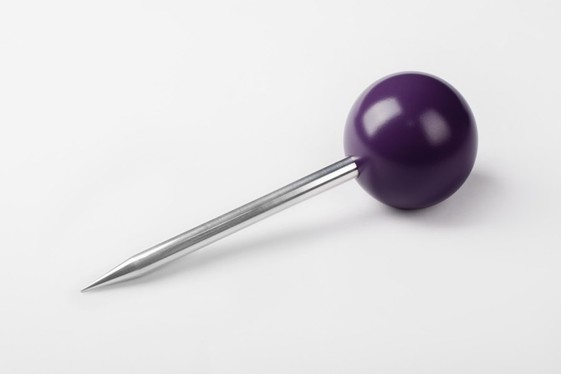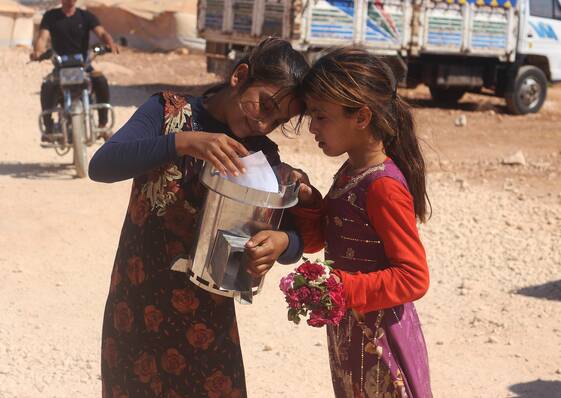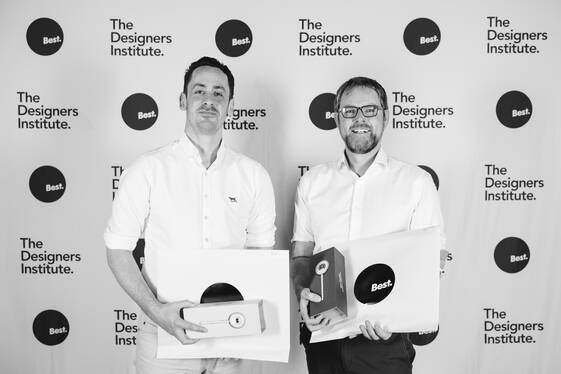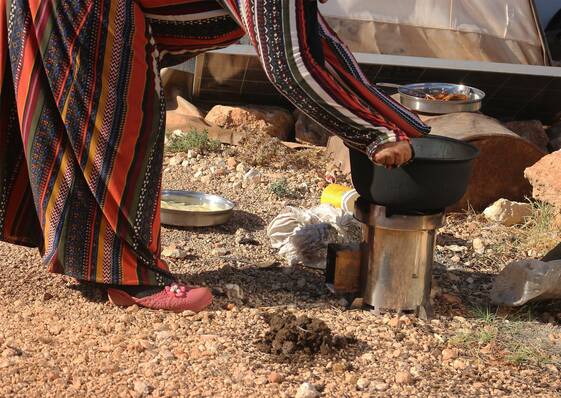The very best project in each discipline at the Best Design Awards is awarded the supreme, Purple Pin for work that truly raises the bar for New Zealand design.
Purple Pin Case Study — Public Good
Escea Ltd
Fire For Good



Purple Pin 2023
Public Good: Fire For Life
Studio: Escea Ltd
Judge's comments
A welcome design free from trends, styles and popular opinions - just an answer to a global problem with careful thought at every turn . From efficiency in shipping, scale, through to local resources and production this project shows true meaning to design for public good with design thought from the south of Aotearoa helping thousands on the other side of the planet.
Description
The Problem:
There are currently 12 million refugees in Syria who are living in displacement camps – forced out of their homes and forced to adapt to a new way of life where everyday basic needs are now a daily challenge.
For these families, open fires are a source of life – they provide warmth, light, a way to cook and drink clean water. The fires they currently use are handmade from the only resources they have access to, like discarded cans, rocks, dirt and clay. However, these fires burn fast and inefficiently – they need more firewood to burn, cooking takes longer, they can’t easily be moved around, are in danger of setting nearby tents on fire, and most alarmingly, create more smoke that can be inhaled by the families using them.
This is a not-for-profit project which aims to solve the problems of open-fire cooking in displacement camps by supplying these families with new efficient cooking stoves that are designed to use less fuel, cook faster, are transportable, and produce less smoke.

The Solution:
Designed over 6 years by a team of fireplace designers and engineers in Dunedin, the stove uses a spiral air pathway around the outside of the stove to create a vortex of flame inside. This forces the flame to interact with more air, making it burn hotter and with less smoke. This is a principle used in highly efficient first-world fireplaces, which has been distilled down to its simplest form.
There is minimal labour and resources required to manufacture the stove. It is designed to be flat-pack and cut out of sheet metal, done with laser cutters during off-peak hours when these automated machines would otherwise not be operating. This means the only cost is the raw material and shipping, making it viable to produce more stoves and help more families.
The flat-pack design allows 200 stoves to fit onto a small pallet. This pallet is sent to Syria and is assembled locally inside the camps, where refugees are hired to assemble the Stoves for distribution within the camp.